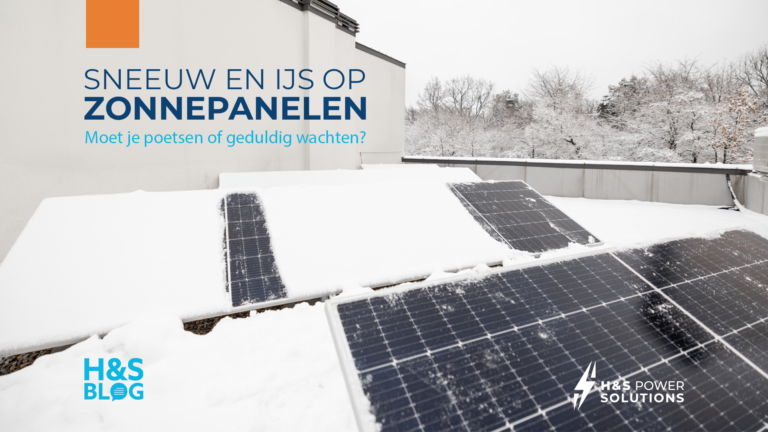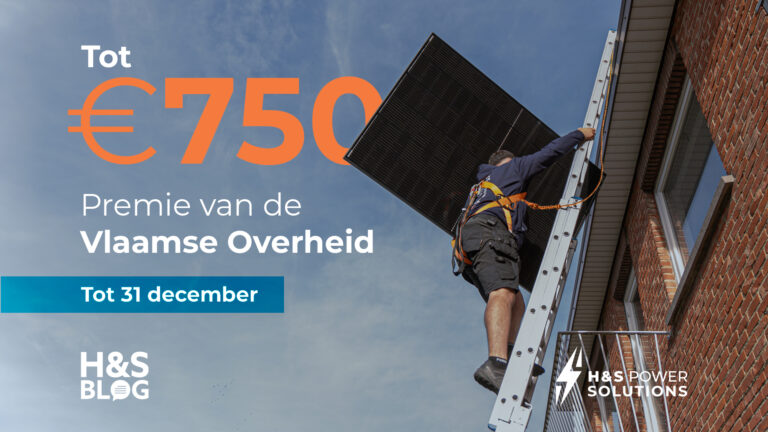What are Tier 1 solar panels?
Tier 1 solar panels are solar panels of the highest quality. These panels are considered the best choice for those looking for an efficient and reliable way to generate renewable energy. Tier 1 panels are designed and produced by renowned and well-known manufacturers and are known for their high performance and long life.
Features of Tier 1 solar panels include:
- High efficiency: Tier 1 panels have high efficiency and therefore can generate more energy than lower tiers.
- Longevity: These panels are made of high-quality materials and are designed to have a long life.
- High reliability: Tier 1 panels are produced by reputable manufacturers and are known for their high reliability.
- Warranties: Many manufacturers offer long warranties on their Tier 1 panels, indicating confidence that these panels will last a long time.
Advantages of Tier 1 solar panels include:
- Efficient energy generation: Tier 1 panels can achieve high efficiency and therefore generate energy more efficiently than lower tiers.
- Reliable performance: Known for their high reliability, these panels can deliver better performance.
- Lower maintenance costs: Tier 1 panels have a long service life and therefore require less maintenance, resulting in lower long-term maintenance costs.
Compared to Tier 2 and Tier 3 solar panels, Tier 1 panels offer better quality and performance. It is important to keep in mind that although Tier 1 panels may be slightly more expensive than lower tiers, they are a better investment in the long run because of their higher efficiency and lower maintenance costs.
What are Tier 2 solar panels?
Tier 2 solar panels are one level below Tier 1 panels and are considered less reliable. However, they are still a good choice for many people, depending on their specific energy needs and budget.
Characteristics of Tier 2 solar panels include lower quality materials and manufacturing processes, and less efficiency than Tier 1 panels. However, this does not mean they do not work, just that they are less efficient and less sustainable.
One advantage of Tier 2 panels is that they are usually cheaper than Tier 1 panels. This means they can be a viable option for people on a limited budget who still want to switch to solar power.
However, it is important to consider that Tier 2 panels are less reliable and have a shorter lifespan than Tier 1 panels. This means you are likely to incur more costs in the future for repairs or replacement.
Compared to Tier 3 panels, Tier 2 panels are better in terms of quality and efficiency, but still less reliable than Tier 1 panels. So it is advisable to consider quality and reliability when buying solar panels to ensure that you are making a good investment.
In short, Tier 2 solar panels are a cheaper option for people who want to embrace solar energy, but it is important to consider the disadvantages of lower quality and lower reliability.
What are Tier 3 solar panels?
Tier 3 solar panels are the least reliable and lowest quality solar panels available on the market. This level is considered the bottom rung of the ladder, and panels in this category are not recommended for use.
There are several reasons why Tier 3 solar panels are less recommended than the other tiers. One of the main reasons is the quality of the materials used. Tier 3 panels are made with cheaper materials that are not as strong or reliable as those of the other tiers. This results in lower performance and shorter lifespan than other panels.
Another important factor is production quality. Tier 3 panels are often produced in bulk and on a large scale, resulting in inferior production quality and a higher likelihood of errors and problems.
In addition, the performance of Tier 3 solar panels is often less reliable than the other tiers. These panels have lower efficiency and produce less energy than other panels, meaning you have to wait longer for a payback on your investment.
Finally, warranty and support for Tier 3 solar panels is often limited. This means that in the event of problems or errors, you will have less protection and will likely have to spend more money on repairs or replacement.
In conclusion, it is not recommended to choose Tier 3 solar panels if you are looking for reliable, durable and efficient solar energy systems. It is important to invest in higher quality and reliable panels to ensure that you are making a good investment and to ensure that you enjoy the benefits of solar energy for years to come.




